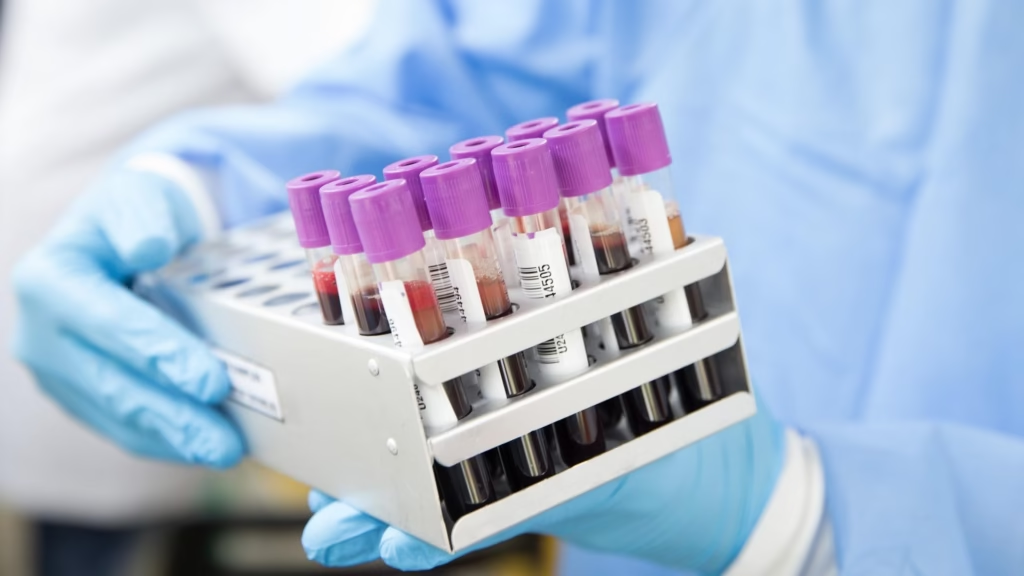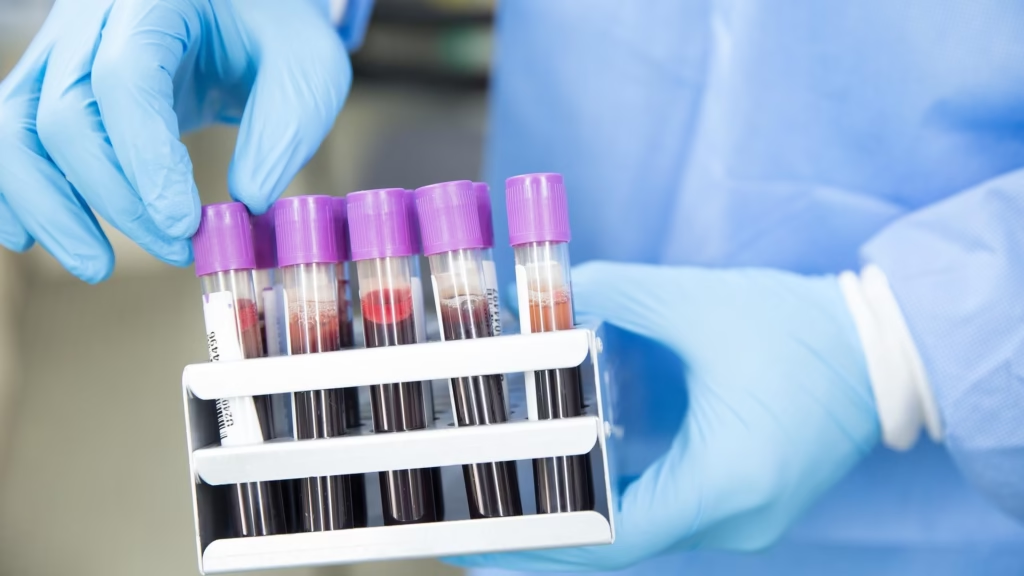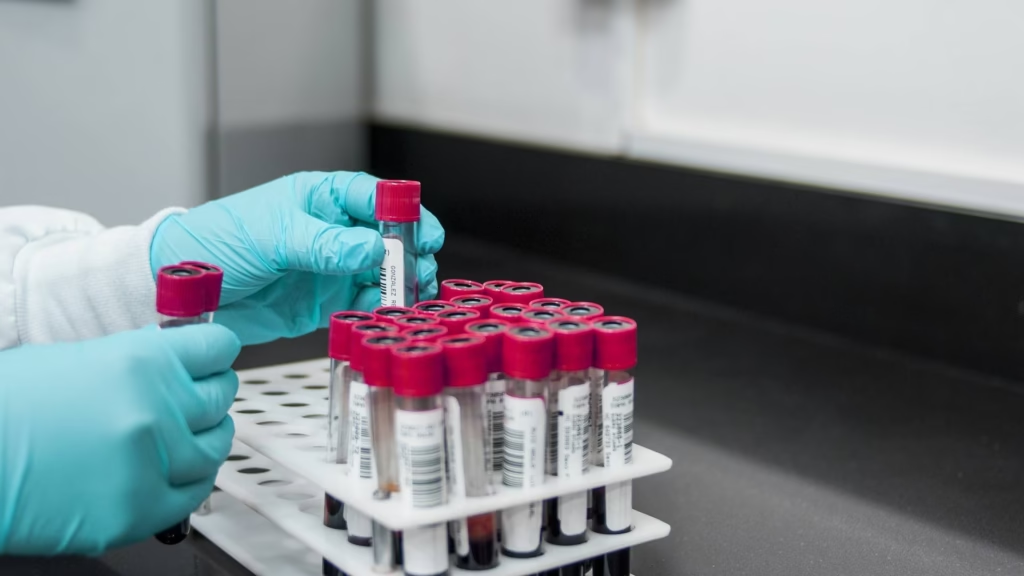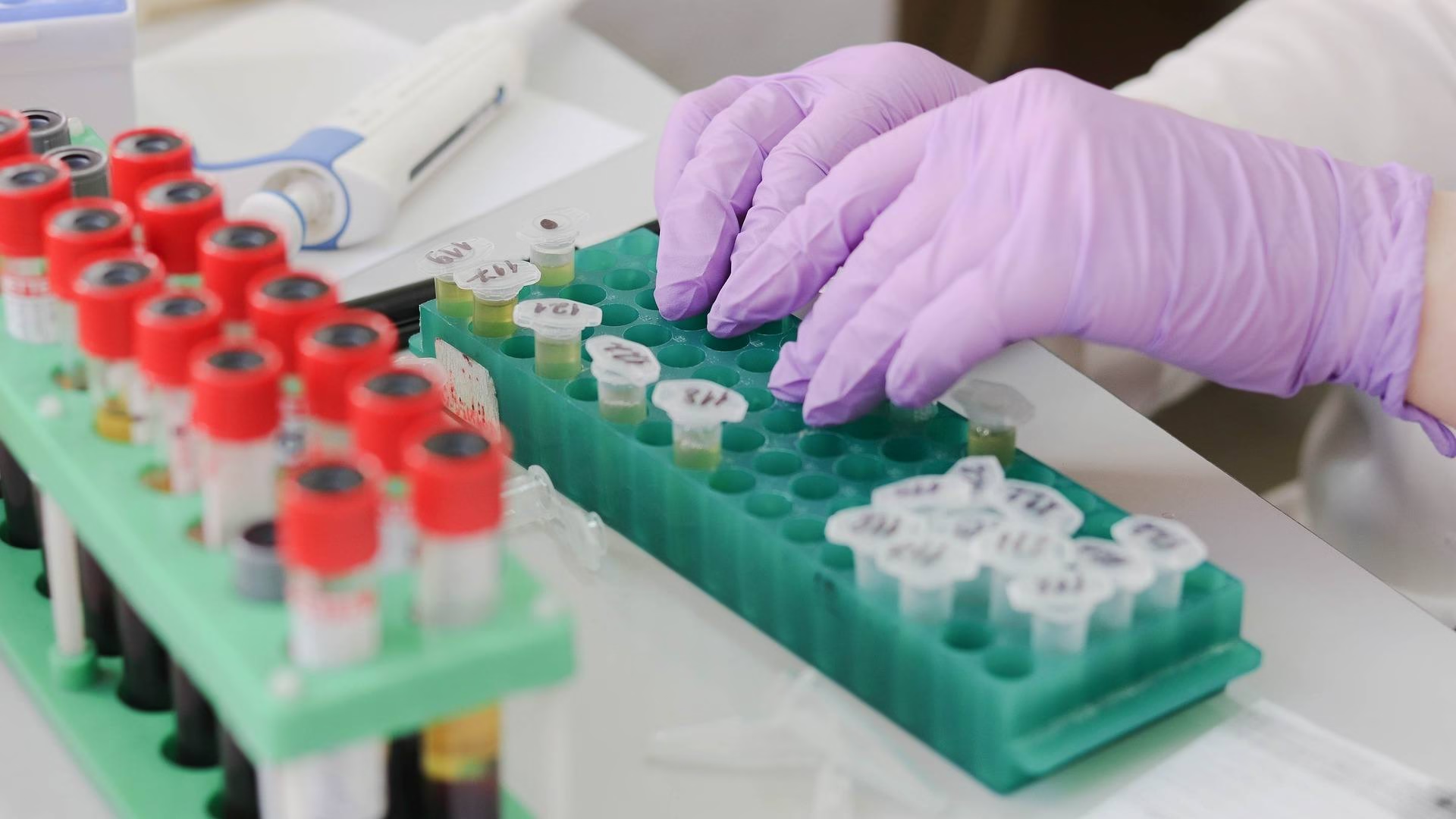Blood functional testing reveals deeper health insights. Uncover nutrient imbalances to optimize your body’s performance.
Table of Contents
Blood tests have long been a cornerstone of medical assessments, giving healthcare providers insight into various physiological processes. In recent years, it has gained popularity as a more in-depth approach to evaluating overall health. This comprehensive guide will walk you through the essentials—from understanding the concept to preparing for your appointment—so you feel confident taking charge of your well-being.
Visit here to get private health lab test near you.
Understanding Blood Functional Testing
What Is This?
It’s a specialized method of assessing how well your body’s internal processes work. Rather than focusing solely on whether markers fall within standard reference ranges, this advanced technique examines patterns and subtle variances in your blood chemistry. By doing so, you may gain insights into nutritional imbalances, metabolic concerns, and potential underlying conditions that traditional blood tests might overlook.
Why Is This Vital
You may wonder why this type of evaluation matters. It can help you:
- Detect nutrient deficiencies or hormonal imbalances
- Pinpoint early warning signs of chronic disorders
- Track progress during a lifestyle change or treatment plan
- Acquire more detailed information than routine screenings typically provide
When used in conjunction with regular checkups and physician consultations, it offers a more holistic view of your health status.

Common Types of Functional Blood Analyses
- Hormonal Panels
These tests evaluate hormones such as thyroid hormones, cortisol, and sex hormones (e.g., estrogen or testosterone). They can reveal issues that might contribute to fatigue, weight changes, or mood fluctuations. - Nutrient Status Tests
Nutritional assessments may measure vitamin D, B vitamins, iron levels, and other micronutrients that significantly impact your energy and immune function. - Lipid Profile and Cardiovascular Markers
In addition to measuring cholesterol and triglycerides, advanced lipid markers offer deeper insights into heart health, helping you understand your risk of cardiovascular disease. - Inflammatory Markers
Tests like C-reactive protein (CRP) and erythrocyte sedimentation rate (ESR) detect levels of inflammation in the body, which can signal underlying chronic conditions.
How to Prepare for it
Before heading to the lab, you typically need to:
- Fast: Avoid food or drinks (except water) for about 8 to 12 hours, depending on the specific test.
- Stay Hydrated: Drinking adequate water makes drawing blood easier and more comfortable.
- List Supplements and Medications: Inform your healthcare provider of any vitamins, herbs, or prescription drugs to ensure accurate results.
- Minimize Intensive Exercise: Strenuous physical activity before testing might temporarily alter certain lab values.
Who Benefits from it?
You can benefit from it if you:
- Experience unexplained symptoms like fatigue, brain fog, or ongoing aches
- Are considering a lifestyle change—such as a new diet or exercise regimen—and want a clear baseline
- Have a family history of metabolic conditions or autoimmune disorders
- Seek a deeper understanding of how your body is functioning beyond standard blood work

Pros and Cons
| Pros | Cons |
|---|---|
| Provides a more detailed view of overall health | Can be more expensive than routine blood tests |
| Detects subtle imbalances not seen in standard screenings | May require additional time for thorough interpretation |
| Helps customize nutrition and lifestyle plans | Not always covered by insurance |
| Tracks progress in managing chronic conditions | Requires expertise to analyze complex results |
Incorporating Blood Functional Testing Into Your Health Journey
Once you receive your test results, you can work with a healthcare practitioner to interpret them. Together, you might:
- Adjust your diet to address nutrient deficiencies
- Consider supplements to optimize vitamin and mineral levels
- Modify your workout routine to balance stress and recovery
- Track progress with follow-up tests to measure improvements
If you’re looking to arrange a private medical test or prefer advanced lab services for this testing, you can explore this lab test service to get started. It’s a practical way to ensure you have access to expert testing options tailored to your individual needs.
Setting Expectations with Blood Functional Testing
Understanding Timeframes
After submitting your blood sample, you may receive results within days or weeks, depending on how comprehensive the analysis is. Some labs offer expedited processing, but detailed testing can take longer to ensure accuracy.
Follow-Up and Ongoing Monitoring
Blood functional testing is most effective when integrated into a long-term health strategy. Tracking your results over time allows you to see whether interventions—such as diet or medication changes—are making a difference. Regular follow-up tests can be arranged annually or at intervals recommended by your healthcare provider.

Final Thoughts
Blood functional testing gives you the opportunity to look beyond traditional blood work and gain deeper insights into your health. By exploring a range of markers, from hormonal balance to nutrient status, you stand to understand your body better and make more informed decisions. If you are interested in arranging a confidential and convenient analysis, consider visiting this private medical test service. Always consult a qualified healthcare professional to interpret results and develop a tailored health plan that aligns with your unique circumstances.
By investing time in advanced testing, you equip yourself with valuable data that can guide your wellness journey. The more you learn about how your body functions, the better you can tailor your lifestyle to support long-term vitality.

